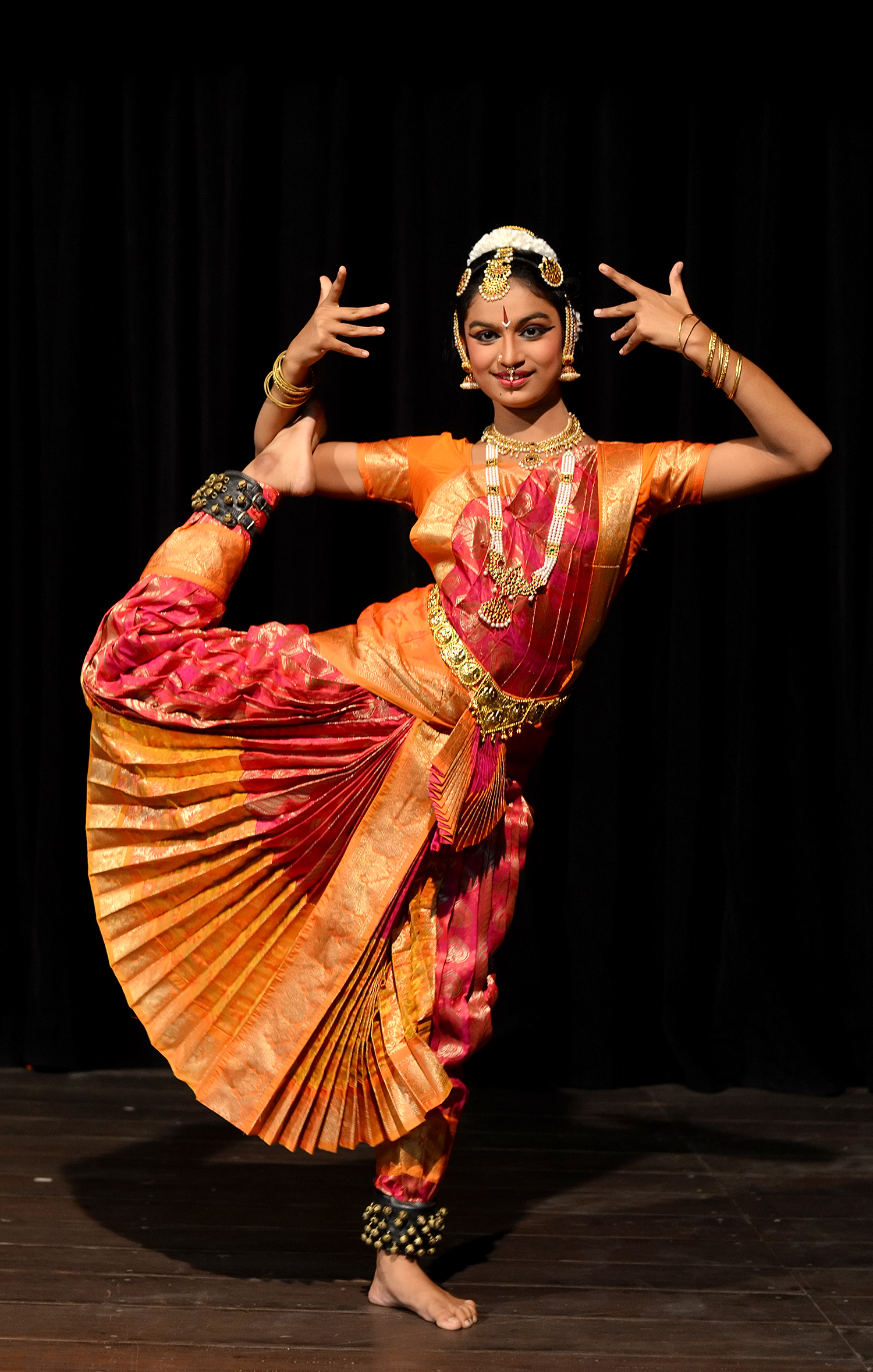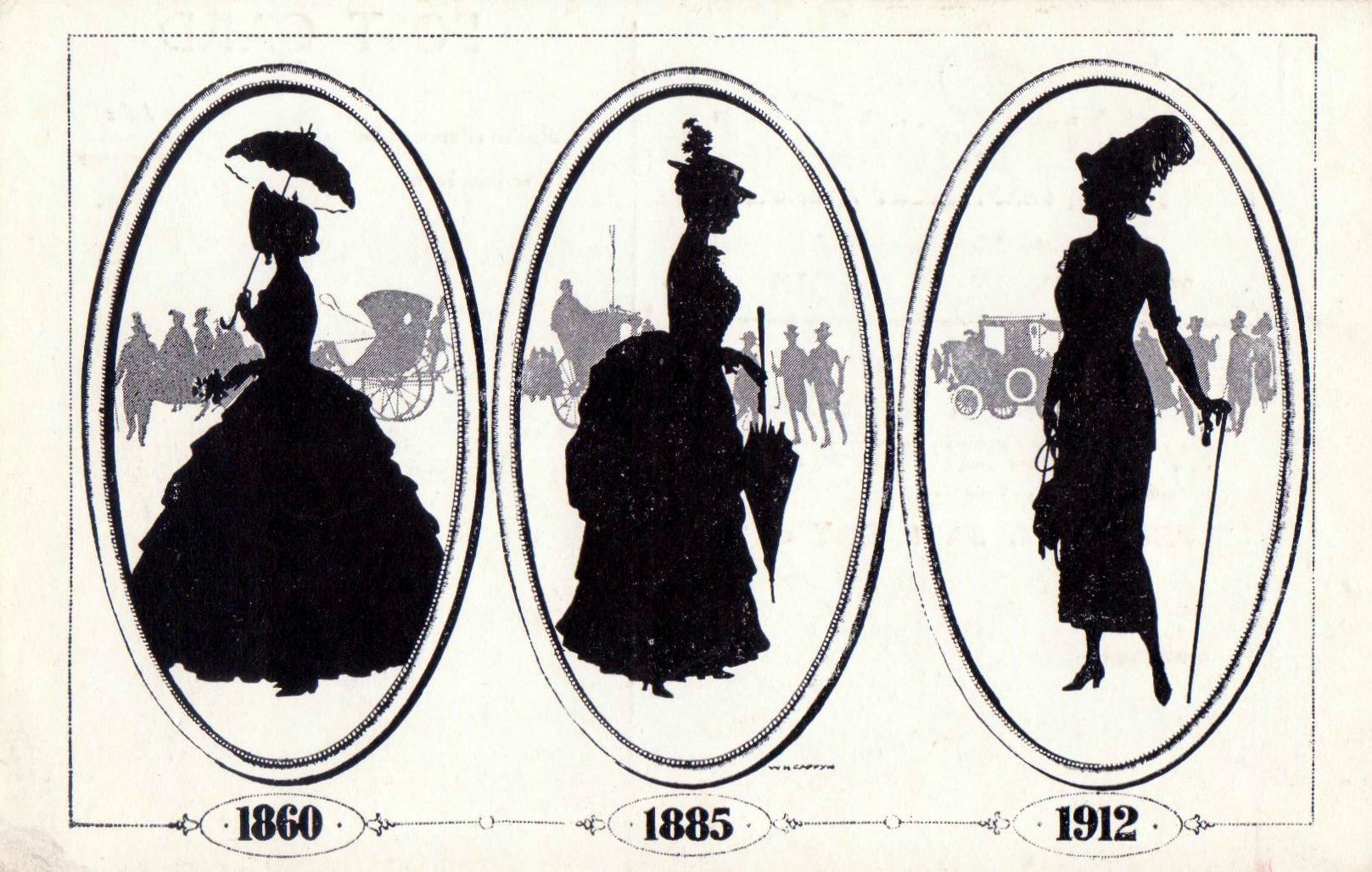|
Theatre Criticism
Theatre criticism is a genre of arts criticism, and the act of writing or speaking about the performing arts such as a play or opera. Theatre criticism is distinct from drama criticism, as the latter is a division of literary criticism whereas the former is a critique of the theatrical performance. Dramas or plays as long as they stay in the print form remain a part of literature. They become a part of the performing arts as soon as the written words of the drama are transformed into performance on the stage or any arena suitable for viewers to see. So the literary craft gives birth to a stage production. Likewise a criticism of a written play has a different character from that of a theatre performance. Criticism vs review There is a distinctive dissimilarity between theatre criticism and a theatre review. Both of them deal with the dramatic arts as they are performed. But they are done in different ways and for different purposes. Both have strong rationalities to support the o ... [...More Info...] [...Related Items...] OR: [Wikipedia] [Google] [Baidu] |
Arts Criticism
Arts criticism is the process of describing, analyzing, interpreting, and judging works of art. It is distinct from art criticism (which focuses on visual arts) due to its broader remit. The disciplines of arts criticism can be defined by the object being considered rather than the methodology (through analysis of its philosophy): buildings (architecture criticism), paintings ( visual art criticism), performances ( dance criticism, theatre criticism), music ( music journalism), visual media ( film criticism, television criticism), or literary texts ( literary criticism). Criticism of the arts can be broadly divided into two types. There is academic criticism such as that found in scholarly works and specialist journals, then there is criticism of a more journalistic nature (often called 'a review') which is seen by a wider public through newspapers, television and radio. The academic criticism will be of a more vigorous and analytical nature than the journalistic, the journalistic ma ... [...More Info...] [...Related Items...] OR: [Wikipedia] [Google] [Baidu] |
Performing Arts
The performing arts are arts such as music, dance, and drama which are performed for an audience. They are different from the visual arts, which are the use of paint, canvas or various materials to create physical or static art objects. Performing arts include a range of disciplines which are performed in front of a live audience, including theatre, music, and dance. Theatre, music, dance, object manipulation, and other kinds of performances are present in all human cultures. The history of music and dance date to pre-historic times whereas circus skills date to at least Ancient Egypt. Many performing arts are performed professionally. Performance can be in purpose-built buildings, such as theatres and opera houses, on open air stages at festivals, on stages in tents such as circuses or on the street. Live performances before an audience are a form of entertainment. The development of audio and video recording has allowed for private consumption of the performing arts. The pe ... [...More Info...] [...Related Items...] OR: [Wikipedia] [Google] [Baidu] |
Play (theatre)
A play is a work of drama, usually consisting mostly of dialogue between characters and intended for theatrical performance rather than just reading. The writer of a play is called a playwright. Plays are performed at a variety of levels, from London's West End and Broadway in New York City – which are the highest level of commercial theatre in the English-speaking world – to regional theatre, to community theatre, as well as university or school productions. A stage play is a play performed and written to be performed on stage rather than broadcast or made into a movie. Stage plays are those performed on any stage before an audience. There are rare dramatists, notably George Bernard Shaw, who have had little preference as to whether their plays were performed or read. The term "play" can refer to both the written texts of playwrights and to their complete theatrical performance. Comedy Comedies are plays which are designed to be humorous. Comedies are often filled ... [...More Info...] [...Related Items...] OR: [Wikipedia] [Google] [Baidu] |
Opera
Opera is a form of theatre in which music is a fundamental component and dramatic roles are taken by singers. Such a "work" (the literal translation of the Italian word "opera") is typically a collaboration between a composer and a librettist and incorporates a number of the performing arts, such as acting, scenery, costume, and sometimes dance or ballet. The performance is typically given in an opera house, accompanied by an orchestra or smaller musical ensemble, which since the early 19th century has been led by a conductor. Although musical theatre is closely related to opera, the two are considered to be distinct from one another. Opera is a key part of the Western classical music tradition. Originally understood as an entirely sung piece, in contrast to a play with songs, opera has come to include numerous genres, including some that include spoken dialogue such as '' Singspiel'' and '' Opéra comique''. In traditional number opera, singers employ two styles of ... [...More Info...] [...Related Items...] OR: [Wikipedia] [Google] [Baidu] |
Antitheatricality
Antitheatricality is any form of opposition or hostility to theater. Such opposition is as old as theater itself, suggesting a deep-seated ambivalence in human nature about the dramatic arts. Jonas Barish's 1981 book, ''The Antitheatrical Prejudice'', was, according to one of his Berkeley colleagues, immediately recognized as having given intellectual and historical definition to a phenomenon which up to that point had been only dimly observed and understood. The book earned the American Theater Association's Barnard Hewitt Award for outstanding research in theater history. Barish and some more recent commentators treat the anti-theatrical, not as an enemy to be overcome, but rather as an inevitable and valuable part of the theatrical dynamic. Antitheatrical views have been based on philosophy, religion, morality, psychology, aesthetics and on simple prejudice. Opinions have focussed variously on the art form, the artistic content, the players, the lifestyle of theater people, and o ... [...More Info...] [...Related Items...] OR: [Wikipedia] [Google] [Baidu] |
Newspapers
A newspaper is a periodical publication containing written information about current events and is often typed in black ink with a white or gray background. Newspapers can cover a wide variety of fields such as politics, business, sports and art, and often include materials such as opinion columns, weather forecasts, reviews of local services, obituaries, birth notices, crosswords, editorial cartoons, comic strips, and advice columns. Most newspapers are businesses, and they pay their expenses with a mixture of subscription revenue, newsstand sales, and advertising revenue. The journalism organizations that publish newspapers are themselves often metonymically called newspapers. Newspapers have traditionally been published in print (usually on cheap, low-grade paper called newsprint). However, today most newspapers are also published on websites as online newspapers, and some have even abandoned their print versions entirely. Newspapers developed in the 17th ... [...More Info...] [...Related Items...] OR: [Wikipedia] [Google] [Baidu] |
Arts
The arts are a very wide range of human practices of creative expression, storytelling and cultural participation. They encompass multiple diverse and plural modes of thinking, doing and being, in an extremely broad range of media. Both highly dynamic and a characteristically constant feature of human life, they have developed into innovative, stylized and sometimes intricate forms. This is often achieved through sustained and deliberate study, training and/or theorizing within a particular tradition, across generations and even between civilizations. The arts are a vehicle through which human beings cultivate distinct social, cultural and individual identities, while transmitting values, impressions, judgments, ideas, visions, spiritual meanings, patterns of life and experiences across time and space. Prominent examples of the arts include: * visual arts (including architecture, ceramics, drawing, filmmaking, painting, photography, and sculpting), * literary arts (includi ... [...More Info...] [...Related Items...] OR: [Wikipedia] [Google] [Baidu] |
Criticism
Criticism is the construction of a judgement about the negative qualities of someone or something. Criticism can range from impromptu comments to a written detailed response. , ''"the act of giving your opinion or judgment about the good or bad qualities of something or someone or the act of saying that something or someone is bad'' Criticism falls into several overlapping types including "theoretical, practical, impressionistic, affective, prescriptive, or descriptive". , ''"The reasoned discussion of literary works, an activity which may include some or all of the following procedures, in varying proportions: the defence of literature against moralists and censors, classification of a work according to its genre, interpretation of its meaning, analysis of its structure and style, judgement of its worth by comparison with other works, estimation of its likely effect on readers, and the establishment of general principles by which literary works can be evaluated and understood."'' ... [...More Info...] [...Related Items...] OR: [Wikipedia] [Google] [Baidu] |
Discipline
Discipline refers to rule following behavior, to regulate, order, control and authority. It may also refer to punishment. Discipline is used to create habits, routines, and automatic mechanisms such as blind obedience. It may be inflicted on others or on oneself. Self discipline refers to the practice of self restraint, controlling one's emotions, and ignoring impulses. History Disciplinarians have been involved in many societies throughout history. The Victorian era resulted in the popular use of disciplinarian governance over children. Edward VIII had a disciplinarian father, and the English had modeled the royal families during this era. Edward's grandmother was Queen Victoria who had championed the role of the family unit during her reign. Disciplinarians will enforce a stricter set of rules that are aimed at developing children according to theories of order and discipline. Disciplinarians have also been linked to child abuse in numerous cases and biographies. Self-disc ... [...More Info...] [...Related Items...] OR: [Wikipedia] [Google] [Baidu] |
The Stage
''The Stage'' is a British weekly newspaper and website covering the entertainment industry and particularly theatre. It was founded in 1880. It contains news, reviews, opinion, features, and recruitment advertising, mainly directed at those who work in theatre and the performing arts. History The first edition of ''The Stage'' was published (under the title ''The Stage Directory – a London and Provincial Theatrical Advertiser'') on 1 February 1880 at a cost of three old pence for twelve pages. Publication was monthly until 25 March 1881, when the first weekly edition was produced. At the same time, the name was shortened to ''The Stage'' and the publication numbering restarted at number 1. The publication was a joint venture between founding editor Charles Lionel Carson and business manager Maurice Comerford. It operated from offices opposite the Theatre Royal, Drury Lane. Carson, whose real name was Lionel Courtier-Dutton, was cited as the founder. His wife Emily Courtier ... [...More Info...] [...Related Items...] OR: [Wikipedia] [Google] [Baidu] |
:Category:Theatre Critics
{{catdiffuse Critic A critic is a person who communicates an assessment and an opinion of various forms of creative works such as art, literature, music, cinema, theater, fashion, architecture, and food. Critics may also take as their subject social or governmen ... Critics Journalists by subject Theatre criticism Writers about theatre ... [...More Info...] [...Related Items...] OR: [Wikipedia] [Google] [Baidu] |

.jpg)




